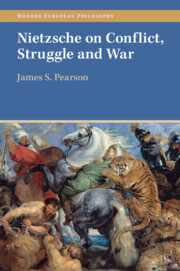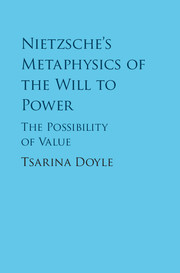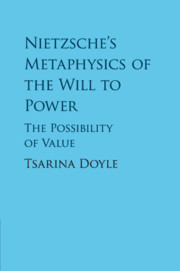Nietzsche on Conflict, Struggle and War
Nietzsche controversially valorizes struggle and war as necessary ingredients of human flourishing. In this book, James S. Pearson reconstructs Nietzsche's rationale for placing such high value on relations of conflict. In doing so, Pearson reveals how Nietzsche's celebration of social discord is interwoven with his understanding of nature as universal struggle. This study thus draws together Nietzsche's writings on politics, culture, metaphysics, biology and human psychology. It also overcomes an entrenched dispute in the critical literature. Until now, commentators have tended to interpret Nietzsche either as an advocate of radical aristocratic violence or, by contrast, a defender of moderate democratic contest. This book navigates a path between these two opposed readings and shows how Nietzsche is able to endorse both violent strife and restrained competition without contradicting himself.
- Draws widely on both Anglophone and continental Nietzsche scholarship
- Explains many of Nietzsche's theories - e.g. the will to power, the overman, and the eternal return - in ordinary language
- Tracks the development of Nietzsche's thought
Reviews & endorsements
‘Understanding Nietzsche’s philosophy of conflict lies at the heart of any attempt at making sense of his overall philosophical project. Pearson’s study is admirably rich in content and yet, due to its clear structure, transparent and accessible. It illuminates the background of Nietzsche’s thinking in a manner that is always interesting and never tedious, and provides a wealth of new insights.’ Beatrix Himmelmann, The Arctic University of Norway
‘… full of interesting and challenging scholarship…’ Matthew Bennett, Metascience
Product details
June 2022Adobe eBook Reader
9781009035194
0 pages
This ISBN is for an eBook version which is distributed on our behalf by a third party.
Table of Contents
- Introduction
- Part I. Agon Versus War:
- 1. Reasons for war
- 2. Bounding Nietzsche's Agon
- Part II. The Struggle for Organisation:
- 3. Conflictual unity in the untimely meditations
- 4. Organizational struggle in the later Nietzsche
- Conclusion.






